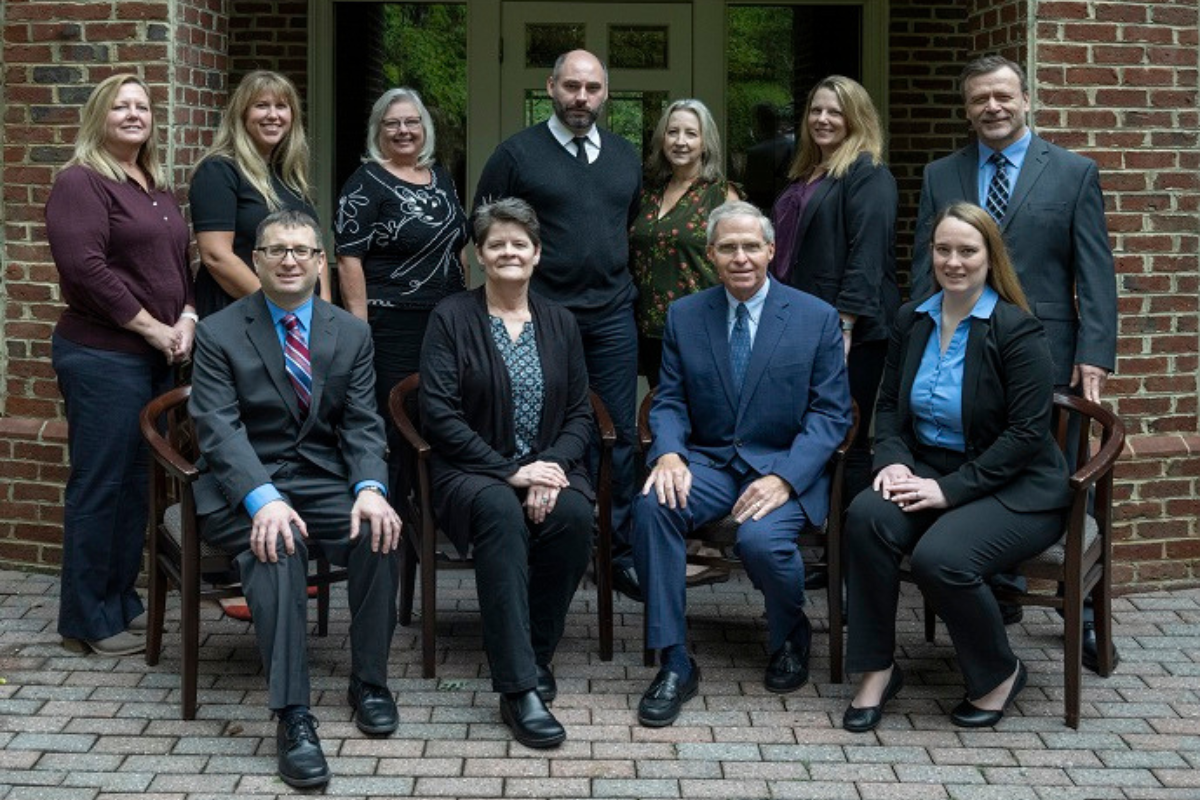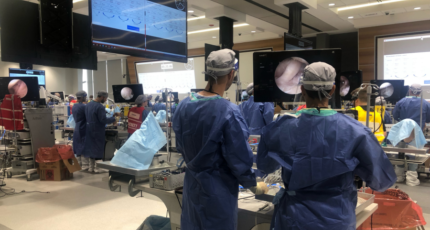As physicians, we have been given the privilege and the opportunity to regulate ourselves. Physicians very often know better than others which of their colleagues are competent and which are not.
The American Board of Orthopaedic Surgery (ABOS) believes that self-regulation is important. As our mission is to protect the public, we set high standards to make sure that those who are ABOS Board Certified are practicing safely, ethically, and effectively. While there are several methods that the Board uses to determine if an orthopaedic surgeon is competent, there are two methods which the Board has used for years that are often misunderstood: the ABOS Peer Review process and the Case List.
As orthopaedic surgeons are surgeons, one effective way to measure the competency of an orthopaedic surgeon is by reviewing a surgical Case List. All Candidates applying for ABOS Board Certification must submit a six-month Case List of all surgical cases performed January-June of the year prior to their ABOS Part II Oral Examination. To be eligible for the Examination, a Candidate must have performed at least 35 surgical cases during the six-month collection period. The Candidate attests that the Case List is accurate and has the Medical Records Office at each hospital review its accuracy.
From the Case List, 12 cases are selected for presentation at the ABOS Part II Oral Examination. Candidates are provided a list of the items required for the Examination (patient documents and images) and they upload them to the ABOS portal. During the Oral Examination, both the Examinee and the Examiner see those records and the Examiner will ask questions about the cases. The Board believes that the Oral Examination is one of the most effective ways to determine an orthopaedic surgeon’s competency and suitability for ABOS Board Certification.
ABOS Diplomates are also required to submit a Case List once every 10 years as part of the ABOS Maintenance of Certification (MOC) program. While few Diplomates take an Oral Recertification Examination, the Case List is still an important part of the ABOS MOC process for several reasons. The Case List is reviewed to search for outliers. If outliers appear, the Board investigates further.
Outliers can include never events, complication rates, and procedures with questionable indications. In addition, everyone who submits a Case List (Part II and MOC) receives a Case List Feedback Report which shows norms and allows a comparison to peers. The Reports are uploaded to the surgeon’s Dashboard in the fall of the year following submission of the Case List. The report can help the surgeon select CME activities.

In addition to a Case List, Peer Review is also an essential part of the ABOS Board Certification and ABOS MOC processes. When an orthopaedic surgeon completes an ABOS Part II Application or a Professional Standing Update for Recertification, they must list the names and email addresses of practice partners, hospital chiefs in various departments, and other orthopaedic surgeons familiar with the applicant’s practice. The ABOS emails an ABOS Peer Review questionnaire to each of those listed, asking questions about patient care skills, surgical skills, behavior, and communication. Also, the ABOS emails Diplomates who practice nearby—and who were not included on the Application—the same questionnaire.
If you receive an ABOS Peer Review Survey, please complete it if you know the Candidate or Diplomate. It does not take much time, and it is important to our profession. It is extremely helpful to the ABOS, our field, and our patients if you are familiar with a surgeon’s practice and can provide candid feedback.
The ABOS conducts further investigation for those whose Peer Review evaluations are less than expected. That often includes confidential interviews conducted by orthopaedic surgeons to verify the feedback. The ABOS Credentials Committee reviews the information that is collected regarding all Candidates and Diplomates and then determines the next steps. The Committee is made up 12 ABOS Directors, 11 of whom are practicing orthopaedic surgeons and one who is a public member of the ABOS Board of Directors.
The Committee has several options:
- Deferral for more information
- Required Oral Examination
- Required Computer-Based Examination
- Practice Site Visit
- Revocation
- Allow to sit for the Diplomate’s examination of choice
Peer Review is critical to the ABOS Initial Board Certification and MOC Programs and allows the ABOS to ensure safe, ethical, and effective orthopaedic care for our patients.
The ABOS has worked streamlined the Peer Review and Case List processes and are continuing to find ways to reduce the burden. These processes have become less burdensome while providing greater information than even a few years ago. As an ABOS Diplomate, I submit a Case List and have Peer Review surveys sent out about me. For 90 years, the ABOS has designed programs that protect the public and provide meaningful information to assist the Board in decision making regarding ABOS Board Certification. Thank you for your assistance in these important and valuable processes.
For questions or concerns about Case Lists or Peer Review, reach out to David F. Martin, MD.


